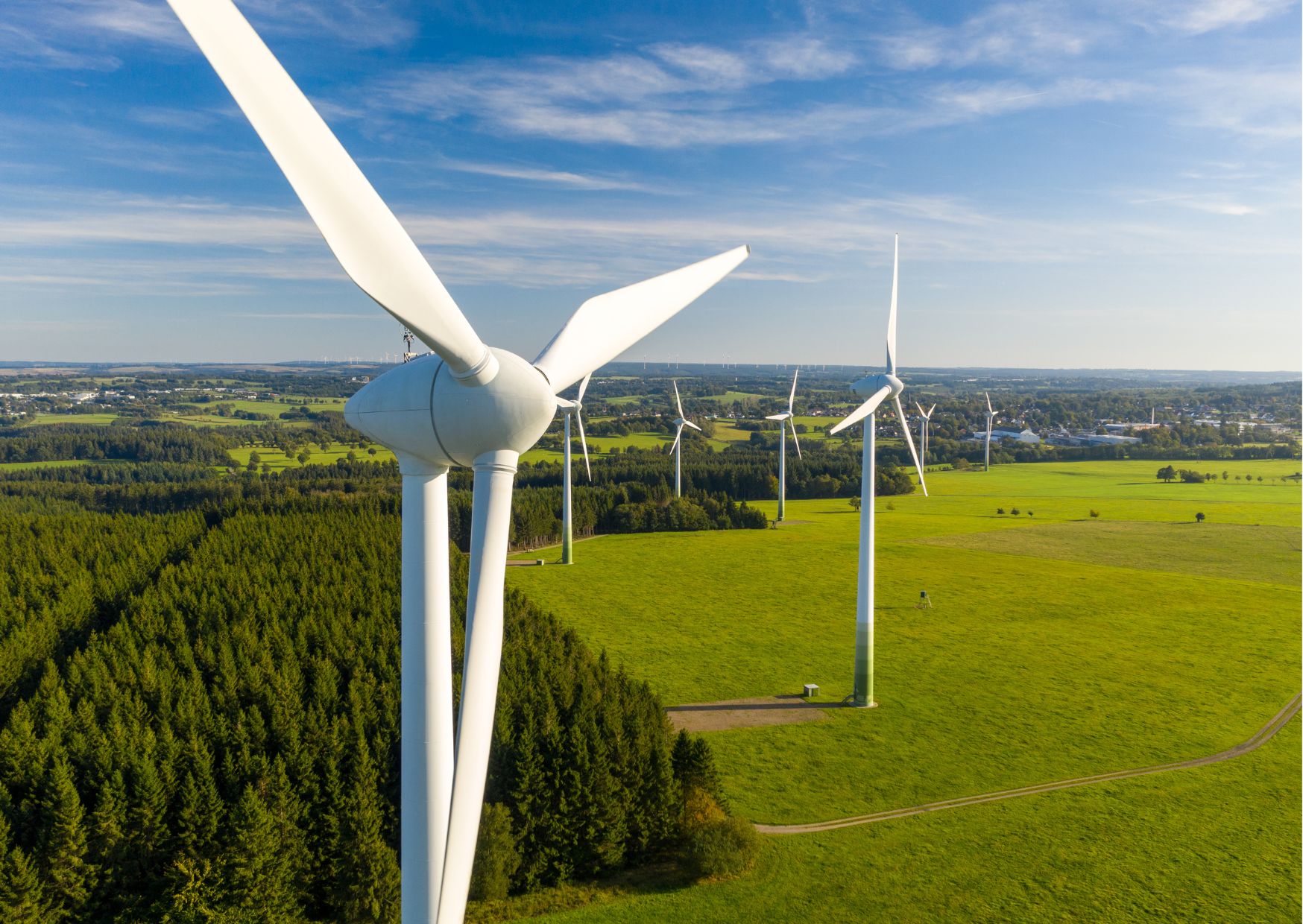Product Overview: Renewable Energy Fundamentals Course
🌞 Introduction to Renewable Energy: The “Renewable Energy Fundamentals” course provides a comprehensive understanding of renewable energy sources, their significance in today’s world, and their potential to shape the future of energy production. This section introduces learners to the basics of renewable energy, including solar, wind, hydro, geothermal, and biomass energy.
💡 Key Concepts Covered: Students will delve into the principles behind renewable energy technologies, exploring topics such as energy conversion, resource assessment, system design, and integration. Through engaging lectures and practical exercises, participants gain insights into the fundamental concepts that drive renewable energy innovation.
🌱 Sustainability and Environmental Impact: Understanding the environmental benefits of renewable energy sources is crucial in addressing climate change and reducing carbon emissions. This section examines the environmental impacts of different renewable energy technologies, highlighting their role in fostering sustainability and mitigating the effects of global warming.
🔌 Integration and Grid Management: Renewable energy integration into existing power grids poses unique challenges and opportunities. In this segment, students learn about grid management techniques, energy storage solutions, and the importance of smart grid technologies in optimizing renewable energy utilization and enhancing grid stability.
🏗️ Policy and Economics of Renewable Energy: Policy frameworks and economic incentives play a pivotal role in driving the adoption of renewable energy. Participants explore the regulatory landscape, government incentives, and market dynamics shaping the renewable energy sector. Discussions also cover financing models, investment opportunities, and the socio-economic benefits of transitioning to renewable energy.
🔬 Emerging Technologies and Innovations: The field of renewable energy is constantly evolving, with ongoing research and development efforts aimed at improving efficiency and reducing costs. This section introduces learners to emerging technologies such as tidal energy, wave energy, and advanced photovoltaics, providing insights into the future of renewable energy innovation.
🌍 Global Perspectives and Case Studies: Renewable energy deployment varies across different regions due to geographical, political, and socio-economic factors. Through case studies and real-world examples, participants gain a global perspective on renewable energy adoption, exploring success stories, challenges, and lessons learned from diverse regions around the world.
📈 Career Opportunities and Future Outlook: Renewable energy represents a rapidly growing industry with diverse career opportunities. This section highlights potential career paths in renewable energy, ranging from project development and engineering to policy analysis and consultancy. Participants also gain insights into future trends and opportunities in the renewable energy job market.
FAQs:

Want to receive push notifications for all major on-site activities?